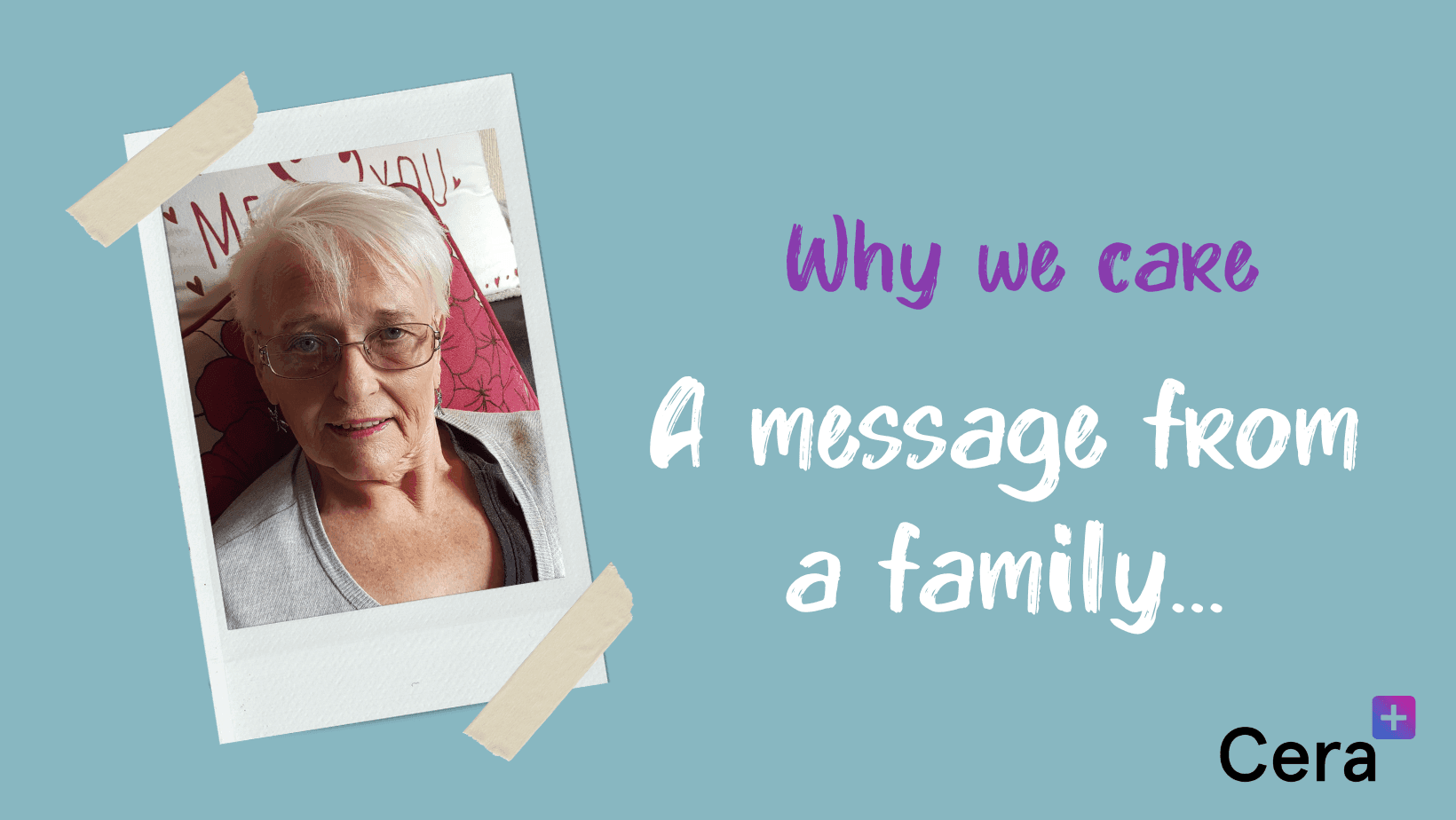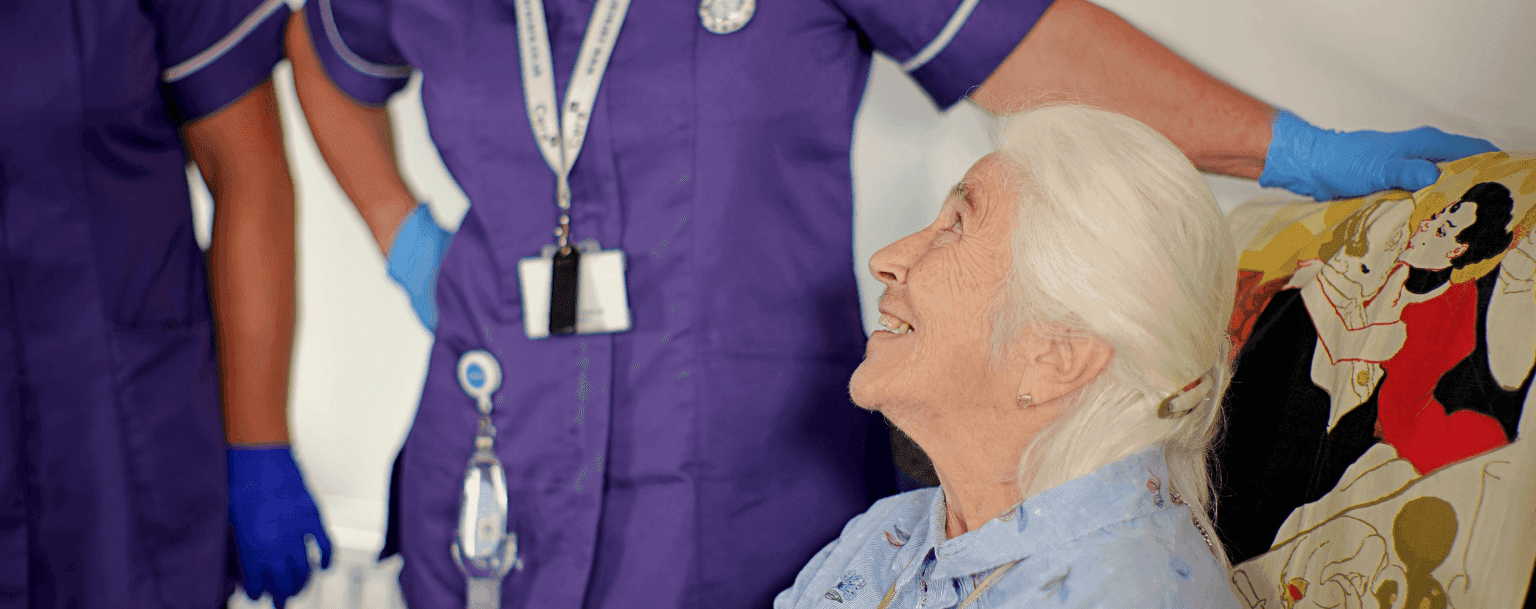What is Personal Care
Understanding Personal Care in Care Work: Duties and Responsibilities of a Care Worker
This article explains exactly what is involved in personal care as a care worker and some of the reasons why people may need help with personal care.
For many people first starting out in a new care job, personal care can seem quite daunting. In this blog, we’ll be explaining exactly what is involved in personal care as a Care Assistant and some of the reasons why people may need help with personal care.
What does personal care involve?
Personal care is tailored to the needs of the individual you are caring for. When we first take on new care packages and clients, we work with them and other people involved in their care such as social workers, GP’s or family members to create a personalised care plan, which will list their needs and what the responsibilities of the care worker will be.
Personal care may include:
- Assistance with getting up and going to bed
- Support with washing, oral hygiene, bathing and dressing
- Haircare and shaving
- Skincare and care of toenails/fingernails
- Assisting with visits to the toilet or changing incontinence aids
- Help with housework, including washing up, cleaning and laundry
- Cooking meals and helping with feeding if necessary
- Prompting and administering medication
Why do people require Personal Care?
There are lots of reasons that people might need or want personal care.
Some people may need some help because of mobility difficulties. This might make it hard for them to get up by themselves, or they may need assistance in the bath or shower.
Others may have home care visits because they need some support in remembering to do certain tasks – for example, if they have a diagnosis of dementia or need to take a lot of medication on a regular basis.
Some people may need a short visit a couple of times a week while others might need 24-hour care. Their care plan will explain their exact needs and personalised checklists of things to do during your care visits.
Care plans are reviewed regularly, both at scheduled times and if needs change – for example, if a client has an injury, operation or needs to go into hospital.
Who delivers personal care?
Care can be delivered by friends or relatives, or by paid care workers. They’re sometimes known as care assistants, support workers or personal assistants, depending on their location and employer. The care assistant role can vary depending on the setting, whether it's as a home care assistant or a care home assistant.
As a professional care assistant working in care you will have regular training to make sure that you’re providing the best care possible. This training may include sessions on moving and handling, safeguarding, first aid, and specialist courses on conditions such as dementia and epilepsy. You may also study towards other qualifications such as a diploma or NVQs, which can lead to career progression opportunities.
Why is personal care important?
Personal care helps maintain a person's dignity, health and wellbeing. Good hygiene and personal care reduces the risk of infection and illness, it can also prevent pre-existing conditions from getting worse. For example, many elderly people suffer from skin conditions that will become much worse without daily moisturising or treatment creams.
It is particularly important that as a care assistant you adopt a sensitive and compassionate approach in all aspects of your work. Many service users may feel considerable embarrassment or frustration in having to receive personal care. This is where your communication skills and ability to provide emotional support become crucial.
Individual preferences will be included in a service users notes - how someone wants their hair to look, how they want to dress and how a woman wants their make-up applied are intensely personal decisions and as a care worker you should always try to respect their wishes. This attention to individual preferences is a key part of your duty of care.
How to provide good personal care
There are a few things you can do as a Care Assistant/Care Worker to provide a good level of personal care:
- Talk through what care is being provided, ensuring your client knows what you are doing and why
- Listen to someone's wishes throughout
- Prepare and arrange tasks in a similar order to provide routine, familiarity and comfort
- Create a happy, safe environment when dealing with personal care tasks
- Maintain levels of independence where possible - don't just do everything for someone just because it seems easier or quicker
- Check that your client has everything they need and encourage them to buy toiletries/sanitary items if they are running out
- Engage in social interaction to provide emotional support alongside physical care
- Perform regular health monitoring and maintain accurate records as part of your care responsibilities
Many of our care workers will admit they were nervous at first when learning about this aspect of the role - but they soon realised that it was a vital aspect of helping people to feel clean and comfortable and good about themselves. It becomes second nature and the reward of better outcomes and happier clients as a result of this care definitely outweighs any negatives!
Working in care, particularly in care assistant roles, involves a wide range of care assistant duties. From providing personal care and emotional support to medication administration and providing social interaction, the role of a care worker is diverse and rewarding. Whether you're considering becoming a home care assistant or working in residential care settings, understanding these care responsibilities is crucial for anyone interested in pursuing care work as a career.
More about working in care

Nutrition and Hydration - Essential Care for the Elderly
Good nutrition and hydration is vital for everyone, and it's especially important for elderly individuals.
Why we care - a message from a family
A family's note of thanks to the carers who provided comfort, dignity, and peace during their gran's final days.

